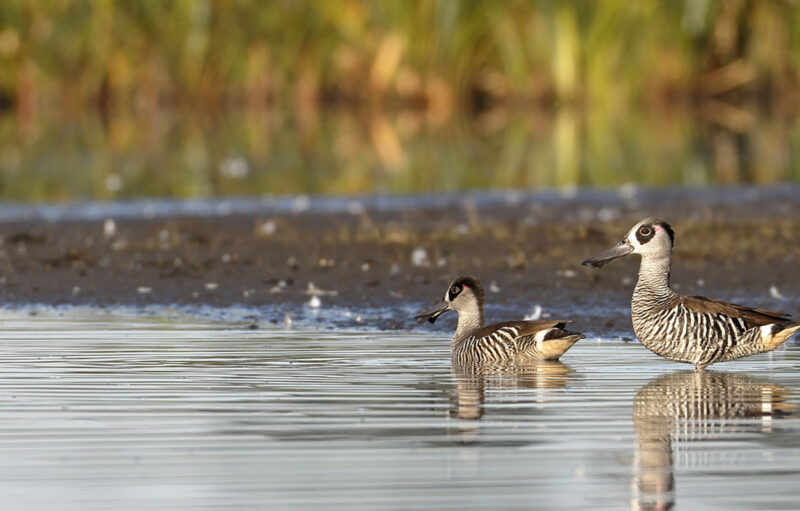MEDIA RELEASE 28 March 2024 |
Victoria could avoid further rejection of new offshore wind projects and guarantee a smooth energy transition while protecting marine habitat.
A new discussion paper from the community conservation group Victorian National Parks Association (VNPA) makes 10 recommendations to address risks early in the offshore energy process.
If the Winds of Change discussion paper were adopted, future conflict with the Commonwealth Government, as seen with the Port of Hastings rejection, could be averted.
Federal Environment Minister Tanya Plibersek rejected the Port project in January because of the unacceptable risk to an internationally recognised Ramsar wetland. While the Victorian Government vowed to contest the decision, a smarter approach to marine planning would give certainty to the renewables industry and nature protection.
Key recommendations:
* Make the environment a core criterion from the outset – e.g. when offshore wind zones are designated, and licences awarded to developers
* Develop criteria for all renewable energy zones to stop development in high value areas – e.g. marine national parks and sanctuaries, national parks, areas of wildlife aggregation and cultural significance
* Identify suitable sites and no-go areas for renewable energy through upfront marine spatial planning
VNPA Marine Nature Conservation Campaigner Shannon Hurley describes the discussion paper as a blueprint for an environmentally responsible shift to renewables.
“Our marine wildlife and habitats are an integral part of the climate solution. If left unprotected and overlooked in the rapid energy transition, we risk creating as many problems as we solve.
“We’ve created a comprehensive plan for federal and state governments to make sure our natural environment is not sacrificed for the energy transition.
“We can improve the costly and time-intensive single project approval processes hampering the shift to renewables.
“We can nip in the bud the sort of issues that led to the Port of Hastings project being rejected because of unacceptable environmental risks.
“Victoria’s coastlines and marine waters are some of the most important areas in the country for Southern Right Whales and Pygmy Blue Whales, and vital for seabirds such as shearwaters and albatrosses, and deep rocky reefs and sponge gardens.”
“Properly managed wind projects will help Victoria lead Australia’s response to our rapidly warming climate and meet ambitious net-zero targets by 2045.
“This plan gives Victoria the opportunity to win the crucial social licence from local communities, reduce investment risks and speed up the right renewable projects.”
